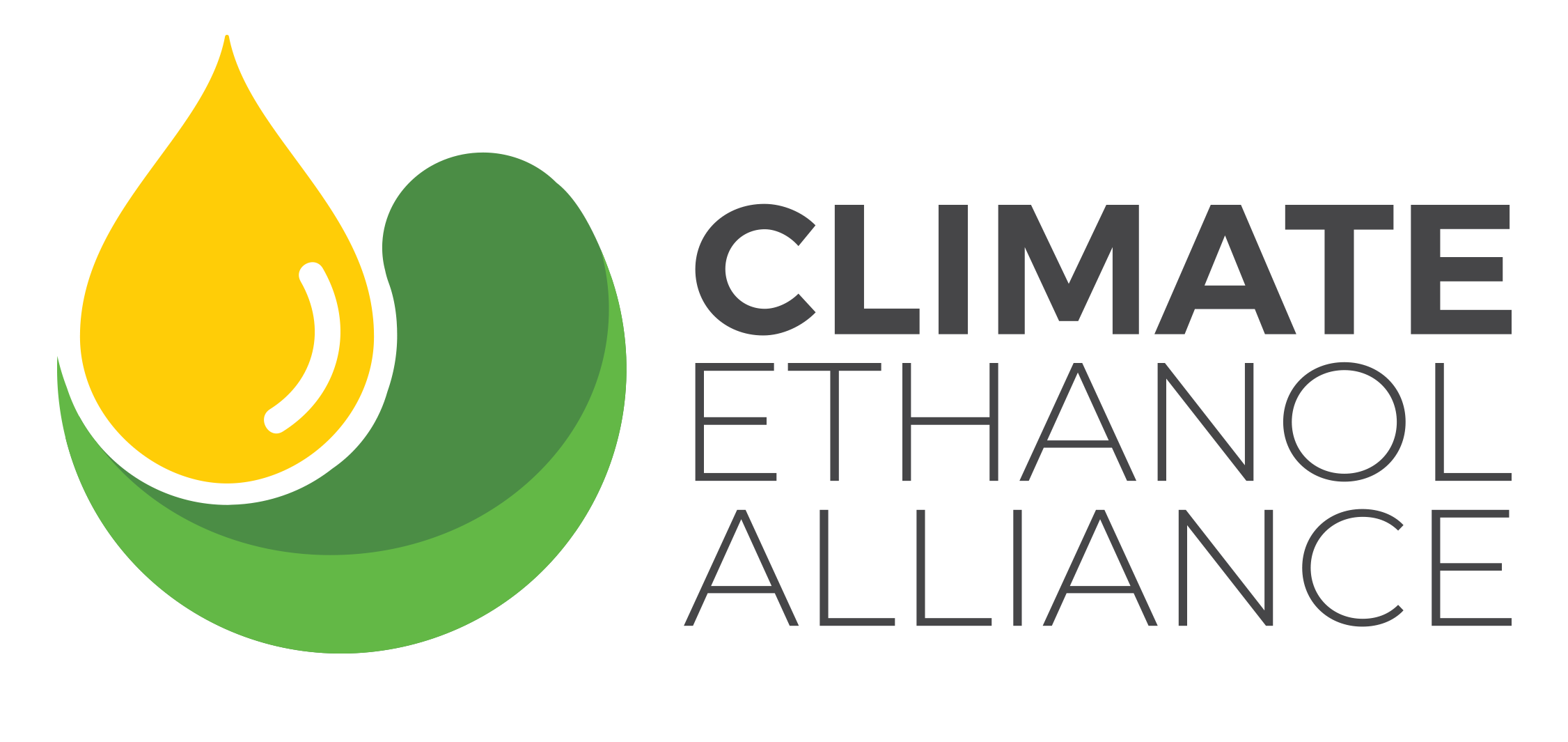Every drop of conventional biofuel made in Europe is traceable from farm to tank, and comes with certified sustainability credentials. The vast majority of Europe’s conventional biofuels is comprised of ethanol from wheat, maize and sugar beet and biodiesel from rape seed oil.
To qualify under the Renewable Energy Directive biofuels must be certified as having achieved greenhouse gas savings of at least 50% in comparison to fossil fuels, rising to 60% in 2018 for new production facilities and rising again to 70% by 2030. All life cycle emissions are taken into account when calculating greenhouse gas savings, from cultivation to processing to transport.
In addition to the greenhouse gas saving requirement biofuels crops cannot be grown in areas converted from land with previously high carbon, stock such as wetlands or forests and they cannot be produced from raw materials obtained from land with high biodiversity such as primary forests or highly biodiverse grasslands.
So we know Europe’s domestic biofuels have high greenhouse gas savings and are not grown in areas converted from wetlands or forests and or from raw materials obtained from land with high biodiversity. But how would they measure up if there was an ILUC assessment?
EU crop-based ethanol is good and passes any ILUC test. One can ascertain this both by taking a layman’s look at real world market, economics and farm data, or by applying complex analytical models, such as the GLOBIOM model, to come up with estimates of “equivalent greenhouse emissions due to ILUC effects”.
From a layman’s perspective bear in mind that Europe produces over 1.5 billion tonnes of food and feed crops each year while the domestic biofuels sector requires just 20 million tonnes of starch and vegetable oil. Europe’s crop output rises every year while the land area cultivated drops each year. Crop prices are trending low on a long term basis and food has never been so abundant the world over.
The challenges in the world’s food system are related to quality, over production, waste and obesity. When biofuel production started in Europe it was supplied by crops which would otherwise have gone into intervention storage. European biofuels are supplied from a modest portion of its “surplus farm capacity” with the important ancillary advantage of providing secure incomes and jobs in rural communities.
It is becoming increasingly clear from industry experience and from advanced scenario modelling that biofuels have a growing role in climate action and that crop derived feedstocks can be produced in a sustainable way. Without sustainably produced energy crops, then it is also clear that transport decarbonisation will not be achieved in the time needed.

